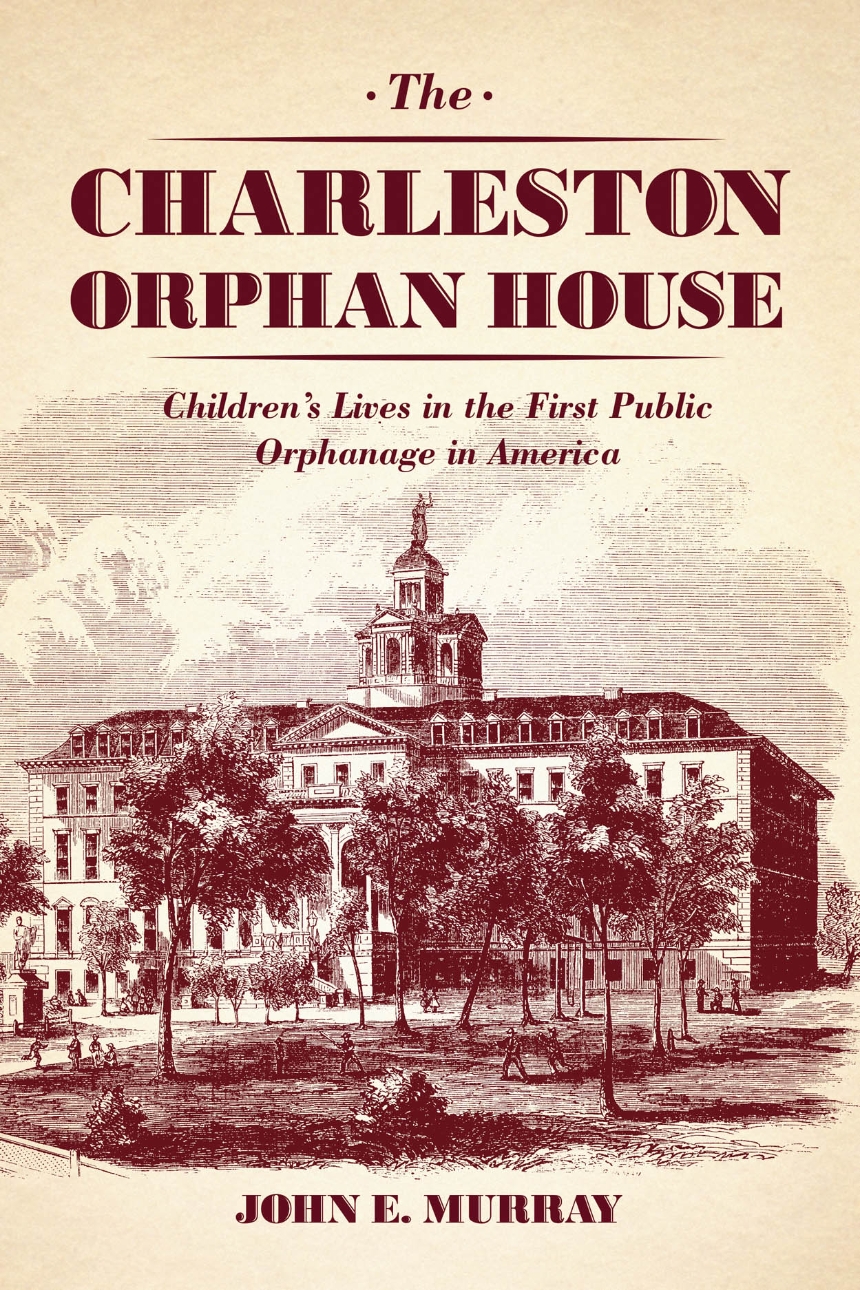The Charleston Orphan House
Children’s Lives in the First Public Orphanage in America
9780226924090
9780226924106
The Charleston Orphan House
Children’s Lives in the First Public Orphanage in America
The first public orphanage in America, the Charleston Orphan House saw to the welfare and education of thousands of children from poor white families in the urban South. From wealthy benefactors to the families who sought its assistance to the artisans and merchants who relied on its charges as apprentices, the Orphan House was a critical component of the city’s social fabric. By bringing together white citizens from all levels of society, it also played a powerful political role in maintaining the prevailing social order.
John E. Murray tells the story of the Charleston Orphan House for the first time through the words of those who lived there or had family members who did. Through their letters and petitions, the book follows the families from the events and decisions that led them to the Charleston Orphan House through the children’s time spent there to, in a few cases, their later adult lives. What these accounts reveal are families struggling to maintain ties after catastrophic loss and to preserve bonds with children who no longer lived under their roofs.
An intimate glimpse into the lives of the white poor in early American history, The Charleston Orphan House is moreover an illuminating look at social welfare provision in the antebellum South.
296 pages | 13 halftones, 5 tables | 6 x 9 | © 2012
Markets and Governments in Economic History
Economics and Business: Economics--History
History: American History
